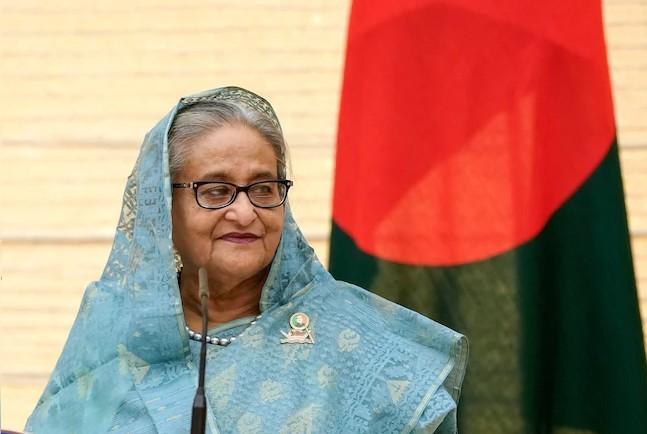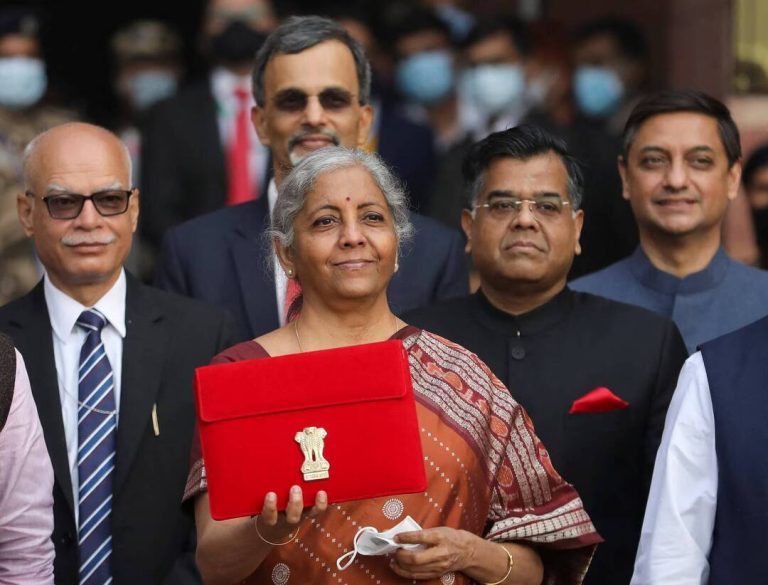
I don’t care about verdict, Allah gave life & he will take it: Sheikh Hasina
In a shocking statement, ousted former Bangladesh Prime Minister Sheikh Hasina has expressed her indifference towards the upcoming verdict of the International Crimes Tribunal, scheduled to be announced on Monday. The tribunal has been investigating war crimes committed during the Bangladesh Liberation War in 1971, and Hasina is one of the key figures facing trial. Despite the gravity of the situation, Hasina seems unfazed, stating that she doesn’t care about the verdict. Her words have sent shockwaves throughout the country, with many wondering what the future holds for the former Prime Minister.
“Allah gave me life, Allah will take it,” Hasina said in a recent statement. These words reflect her unwavering faith and trust in a higher power, which seems to be her source of strength during these trying times. Hasina’s life has been marked by tragedy and loss, having lost her parents and siblings in the past. She also had to endure the pain of watching her home being burnt down. Despite these hardships, she remains resolute, unshaken by the prospect of an unfavorable verdict.
Hasina’s son, Sajeeb Wazed, has also spoken out about the upcoming verdict, expressing his concerns about the potential outcome. According to Wazed, the tribunal is likely to sentence his mother to death. This statement has sparked widespread outrage and concern among Hasina’s supporters, who are rallying behind her in this critical hour. The possibility of a death sentence has raised questions about the fairness and impartiality of the tribunal, with many arguing that the trial is politically motivated.
The International Crimes Tribunal was established in 2009 to investigate and prosecute individuals accused of committing war crimes, crimes against humanity, and other serious violations of international law during the Bangladesh Liberation War. The tribunal has been a subject of controversy, with many critics arguing that it lacks transparency and is being used as a tool to settle political scores. The trial of Sheikh Hasina has been particularly contentious, with her supporters arguing that the charges against her are baseless and motivated by a desire to discredit her and her party.
As the verdict approaches, tensions are running high in Bangladesh. Hasina’s supporters are holding rallies and protests, demanding her release and expressing their solidarity with her. The government has deployed additional security forces to maintain law and order, fearing that the verdict could spark widespread unrest. The international community is also watching the situation closely, with many countries and organizations expressing concerns about the fairness and transparency of the trial.
In the midst of this turmoil, Sheikh Hasina remains steadfast, refusing to be intimidated by the prospect of a negative verdict. Her statement, “I’ve lost my parents, my siblings, and they burnt down my home,” is a poignant reminder of the sacrifices she has made for her country and her people. Despite the many challenges she has faced, Hasina continues to inspire and motivate her supporters, who see her as a symbol of courage and resilience.
As the world waits with bated breath for the verdict, one thing is clear: the outcome will have far-reaching consequences for Bangladesh and its people. Whether Sheikh Hasina is acquitted or convicted, the impact of the verdict will be felt for years to come. The international community will be watching closely, eager to see how the situation unfolds and what the future holds for this troubled nation.
In conclusion, the upcoming verdict of the International Crimes Tribunal is a critical moment in the history of Bangladesh. Sheikh Hasina’s statement, “I don’t care about the verdict, Allah gave me life & he will take it,” reflects her unwavering faith and courage in the face of adversity. As the nation waits for the outcome, one thing is certain: the future of Bangladesh hangs in the balance, and the world is watching.






